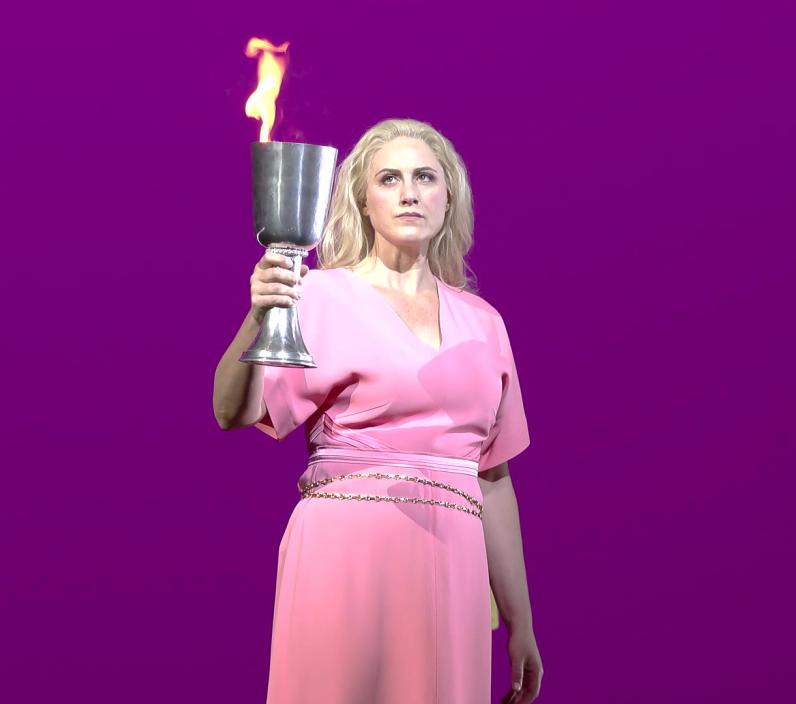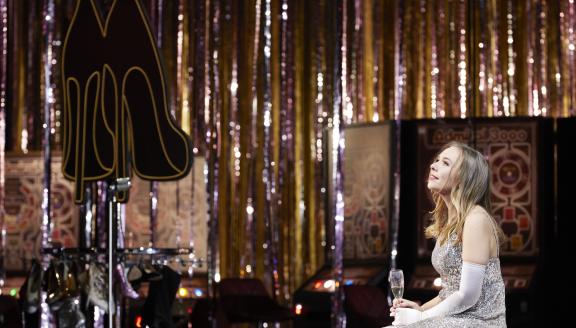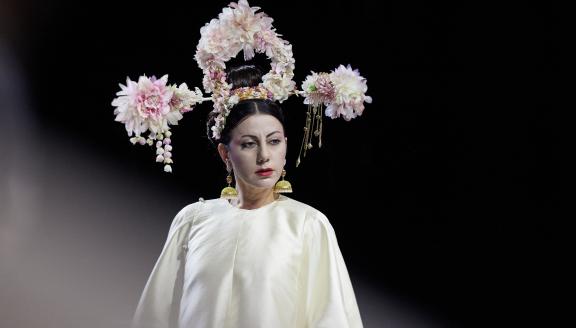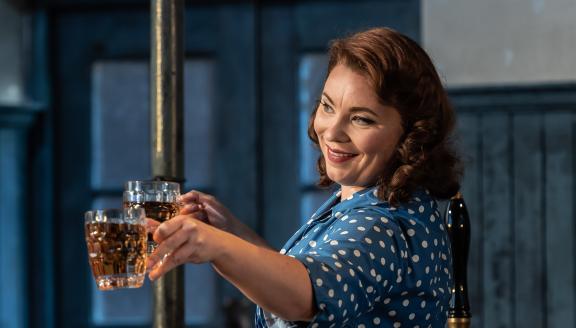
Strong Women in Opera: Leonore
Beethoven's only opera, Fidelio - also called Leonore in its first two versions - is the assumed name of a woman, Leonore, who disguises herself as a man to free her husband Florestan, a political prisoner who has been arbitrarily detained. This strength, this courage to act heroically, taking every risk to save her beloved and re-establish a form of justice, makes Fidelio a profoundly feminist opera, as well as a political one. Proof that the operatic genre is not always, as essayist Catherine Clément says, about the ‘defeat of women’. For once, an act of sacrificial bravery - romantic and humane - does not cost the heroine her life.
The modernity of this politico-feminist approach in Fidelio is matched by its modernity of the form. Wagner himself defined the opera as a ‘new musical drama’, seeing it as a visionary in terms of the codes of the operatic genre that it overturns, rather like Leonore, whose gesture and approach is transgressive. According to composer and musicologist André Boucourechliev, Fidelio is a milestone in the history of music, combining the German singspiel, a musical form in which spoken dialogue alternates with singing, and other elements closer to the French and Italian styles, romantic yet at the same time highly ‘constructed’. He also emphasises the ‘crucial role assigned to the orchestra in the development of the drama, and the immediate expressive intensity of its vocal phrasing’. In Beethoven's work in general, and more particularly in his opera, the oboe plays a key role in the orchestra. It is an instrument associated with the character of Leonore-Fidelio; Wagner would do the same for many of his female characters. It could be said that Fidelio-Leonore appears as Beethoven's spokesman, a romantic incarnation and a manifestation of a new form.
In its feminist dimension, the story of Fidelio also turns the great myth of Orpheus and Eurydice on its head: this time it is Leonore-Fidelio who takes on the role of Orpheus who descends into the Underworld - in this case, a prison - to save his beloved. Far from causing his death, Leonore-Fidelio's gaze is on the contrary a salvation, restoring Florestan's humanity. Leonore-Fidelio has the power to create change in others, a transformation in their condition or their conscience. If Florestan is freed, Rocco, the jailer, becomes better disposed to Florestan, a form of ‘feminine’ empathy. Each character, in their own way, accompanies this woman's journey, including the viewer who, through her, gets a different view of the prisoners' condition.
Leonore-Fidelio is the sole architect of heroism. She embodies resistance, equality and courage, in a dimension that is both individual - she seeks to save her marital happiness - and collective - she wants to restore justice in society.
Article by Sonia Hossein-Pour
June 2024




